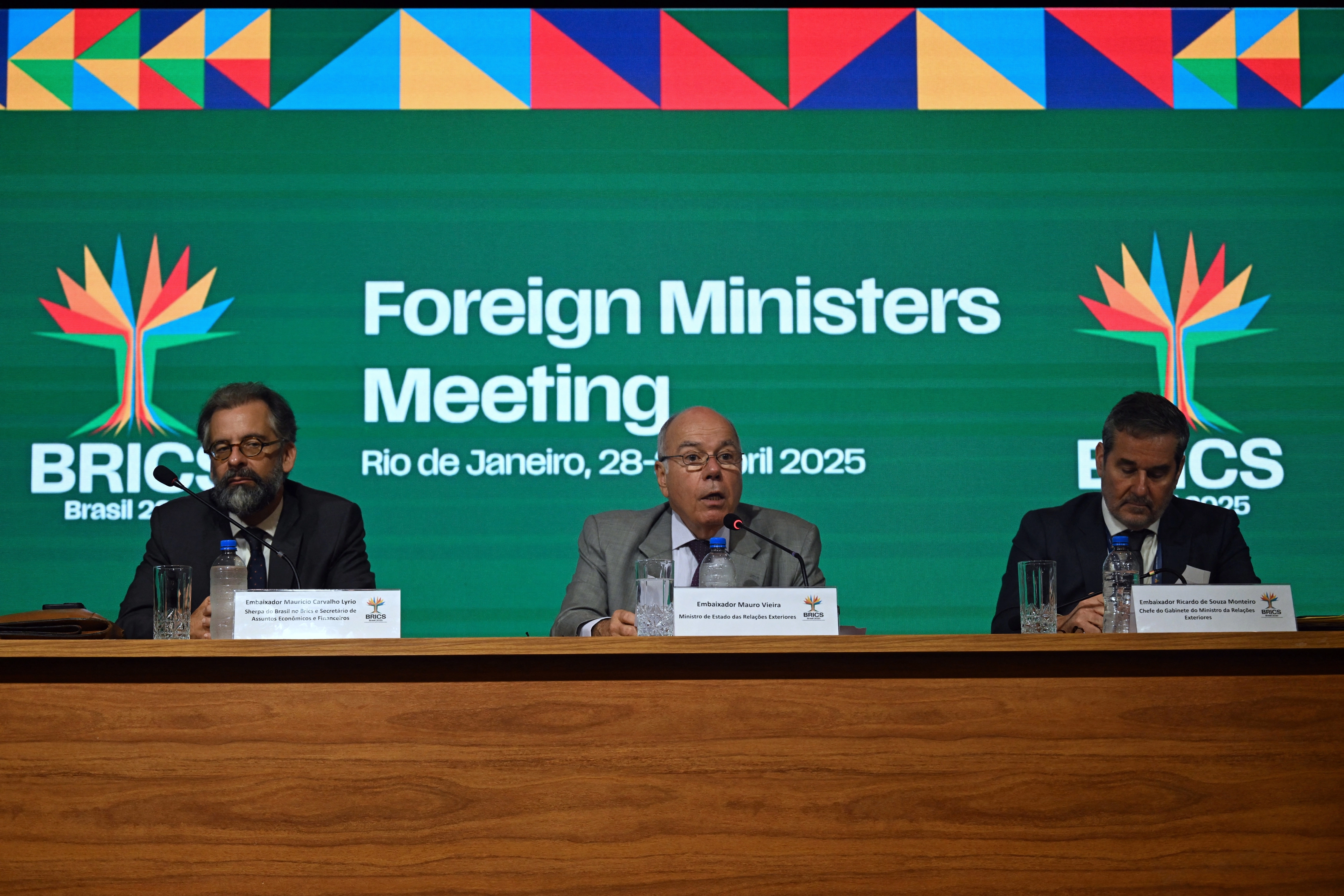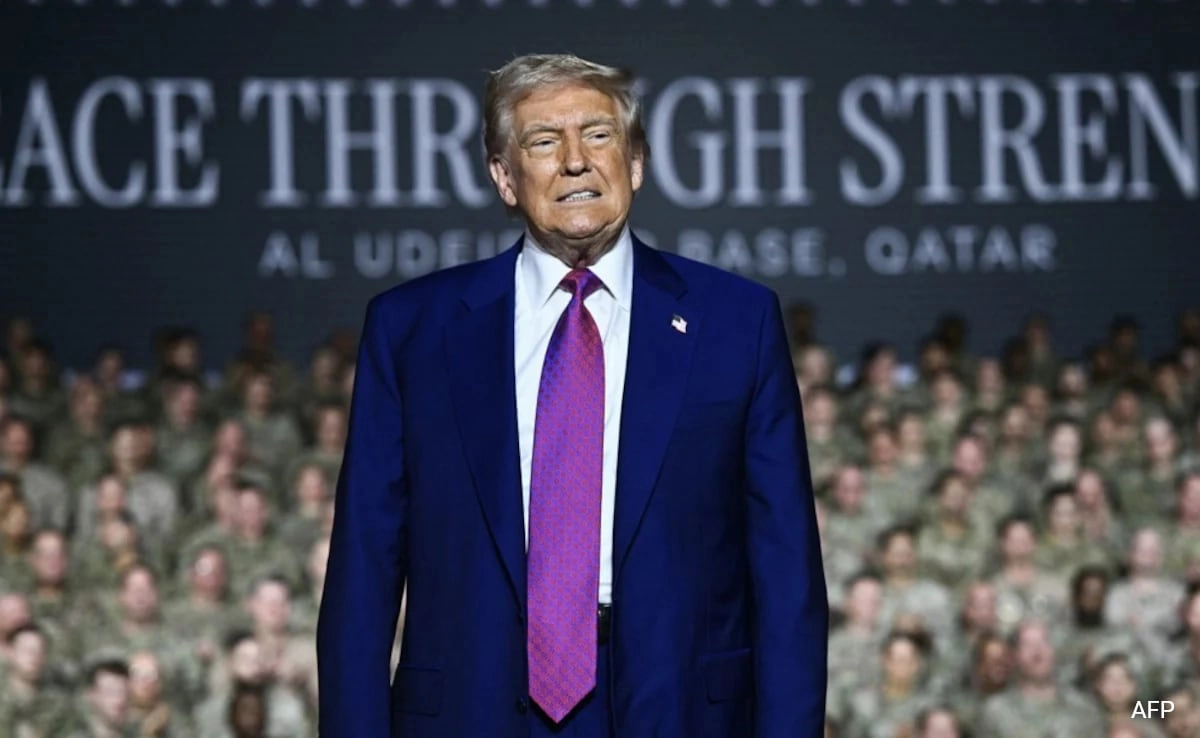At the recent BRICS Summit, Brazil took a firm stance against protectionism, emphasizing the importance of free trade in a global economy increasingly threatened by unilateral tariffs and trade barriers. The Brazilian delegation, led by President Jair Bolsonaro, expressed strong concerns regarding the ongoing tariff war initiated by former U.S. President Donald Trump. This trade conflict has not only strained relationships between the United States and several nations but has also had a ripple effect on global trade dynamics, impacting economies around the world.
Brazil’s warning against protectionism comes at a critical time when many countries are grappling with the repercussions of trade policies that prioritize domestic industries over international cooperation. Bolsonaro highlighted that a protectionist approach undermines the principles of mutual benefit and economic interdependence that underpin the BRICS coalition, which includes Brazil, Russia, India, China, and South Africa. He urged member nations to reinforce their commitment to open markets and collaborative trade practices, arguing that such measures are essential for sustainable growth and development.
The summit served as a platform for Brazil to advocate for a collective response to the challenges posed by rising protectionism. Bolsonaro’s remarks resonated with other leaders, who echoed the sentiment that economic cooperation is vital for fostering innovation, addressing global challenges, and enhancing the resilience of member economies. By promoting a unified front against protectionist measures, BRICS nations aim to safeguard their interests while navigating the complexities of a shifting global trade landscape.
In summary, Brazil’s warnings at the BRICS Summit underscore the critical need for nations to resist the allure of protectionism and to embrace open trade policies. As the world continues to confront the implications of trade wars and economic isolationism, the call for collaborative strategies becomes more urgent. The Brazilian leadership’s commitment to free trade not only aims to protect its own economic interests but also seeks to promote stability and cooperation among emerging economies, ensuring that they can thrive in an increasingly interconnected world.




